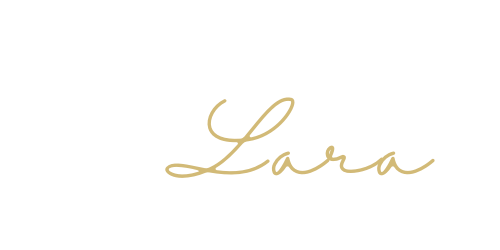Lessons in Self-Differentiation: Persist When the System Resists
This is lesson two in series called Lessons in Self-Differentiation: 50 Short Essays for the Journey.
Self-Differentiation is Disruptive by Nature
I often get questions like:
How do I get my family to understand my boundaries?
How do I get them to accept my new way of being?
How do I differentiate without upsetting them?
I’m going to be brutally honest: I do not believe that this is possible.
Some family systems will have less of an “inflammatory response” than others depending up their degree of enmeshment with each other and average level of reactivity, but there is normally always some kind of resistance when one member begins to differentiate a self, change their functioning in the status quo of the family system, and become more mature in the context of their family system. I actually think this is innate to the process of self-differentiation.
Murray Bowen, the pioneer of Family Systems Theory, once made a video on this which I’ll link below for those of you interested. In it, he quoted, “Anytime anybody makes a significant step toward differentiating a self, the rest of the emotional system attacks. This is my notion of why it is so difficult for a person to differentiate from another person. It upsets the other and it upsets self to have the other upset.”
Understanding the Family as a System That Seeks Equilibrium
There’s a delicate balance of roles and patterns for things to be maintained as they are. In family systems theory, we refer to this as equilibrium, which the system seeks to maintain. You could think of this also as the status quo, and every one plays a part in keeping the status quo as it is. The network of relationships, the interconnected emotional patterns, the role each person plays. Those all function to maintain the current configuration of the family system.
When one person changes their roles and patterns, because of this interconnectedness in functioning, the whole system is shaken up and must reorganize itself with new patterns and roles. Other members of the family system most likely don’t want to deal with this, they will feel threatened by it, and they will resist.
Differentiation is an act of change, change that upsets the balance of the status quo, change initiated by you and it upsets the system, most times, the people in that system don’t want things to change, they’re comfortable with how things are, even if things aren’t ideal, they’ve found a way to function through patterns in the status quo.
Theory and the Higher Self Will Guide Through Rough Waters
This is why I believe it’s so important to:
Study the theory
“Theory tells you where you’re going. You’re much less likely to govern your course by what feels right, governed by the demands of the moment, rather than what you know to be right. So, theory is a blueprint to guide you.”
This was a seminal quote from Bowen in presenting his theory. I have found it to be true in my own journey. Studying the theory, understanding how relationship systems work, and using it to work on myself has been key. The theory will offer you a map, a compass, when the path looks unclear or the waters get stormy.
Define your own long-term vision, values, and goals
If you’re clear on what your long-term goals are for doing this work, and if you’re connected to some higher purpose or intention, you can keep coming back to it for strength and resilience. Defining what this looks like for you is key.
For me, a big part of my motivation has been to a) be physically and mentally healthier, given almost everyone in my family history struggled with chronic physical and mental illness and b) to ensure my children and future generations in my lineage have a greater chance at a healthier patterns and relationships, given almost everyone in my family history did not. My values are self-awareness, emotional balance, physical and mental health, lifelong learning and development, and authentic relationships.
Find what your motivations are. Connect to a higher purpose that endures for the long-term in life. Define your values. And let these continue to offer you strength over the journey.
Work on both dimensions of self-differentiation
That is, both the intrapsychic and the interpersonal. The intrapsychic differentiation is going to help you work on your emotional reactivity as your family members react to you changing. The interpersonal differentiation is going to help you to not take on or personalize their emotional reactivity.
The higher awareness, more conscious, deliberate, reflective, critical thinking, and principled part of you is going to draw on theory, on your long-term goals, on a higher purpose, to navigate the stormy waters of the emotional reactivity that will happen in the process of differentiation.
Tolerate the discomfort necessary for growth
Cultivate distress tolerance, sometimes referred to as emotional stamina by other self-differentiation experts. This is a point I talk about in a whole separate lesson because I find it to be so important in an of itself. The going will get tough at times, this is a given of the process of growth.
Part of self-differentiation is learning to endure temporary emotional discomfort so that we can live according to our values, principles, and long-term goals. And that will prove to be true in self-differentiation work as the emotional systems you’re a part of resist your attempts to do something different than you’ve always done.
Wishing you strength and wisdom on your journey.
